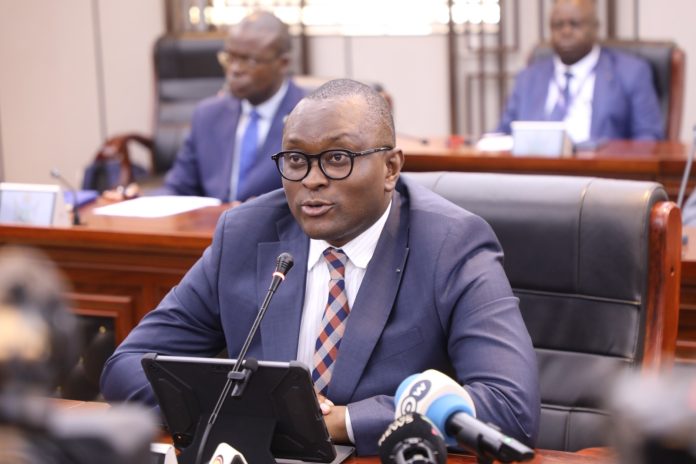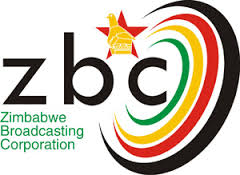Story by Bruce Chahwanda
GOVERNMENT is implementing the Heritage-Based model aimed at transforming the education system to produce citizens with relevant skills, applied knowledge, and dispositions that are key in national development.
In a bid to revolutionise the country’s education system, government has adopted the Heritage-Based Education 2024-2030 policy which is anchored on science and technology.
Addressing journalists during a Post Cabinet briefing in Harare this Tuesday, the Minister of Information, Publicity and Broadcasting Services, Dr Jenfan Muswere said the education system will foster critical thinking and innovation.
“The future of the country will increasingly be shaped by science and technology, hence the bias in the education system to foster critical thinking, innovation, creativity, problem-solving, and programming. As the learners enroll for secondary school level, they are then categorised according to their areas of proficiency. Central to the delivery of quality learning is the capacitation of teachers since the heritage-based curriculum requires a different approach. Focus will be placed on in-service teacher training and coaching, using locally available resources,” he said.
Dr Muswere said the National E-Learning Strategy will also come into force.
“Suitable and appropriate physical and digital infrastructure will be provided. Closely related will be the provision of adequate and appropriate infrastructure including classrooms; workshops; laboratories; internet connectivity; technical equipment and teachers’ houses; in order to achieve the intended goals. The workshops and laboratories shall be tailor-made according to the unique geographical needs and locally available resources that learners can observe, manipulate, and explore during their learning processes. Access to electricity, either from the national grid or renewable sources of energy will be a priority for every school. This is to bridge the gap between the rural and urban schools. The focus will be more on learning by doing,” he added.
The Minister of Higher and Tertiary Education, Innovation, Science and Technology, Professor Amon Murwira noted that the country is adopting an education system that produces skilled professionals to develop the country.
The Minister of Primary and Secondary Education Dr Torerai Moyo also indicated that Continuous Assessment Learning areas have been reduced to six for Grade sevens, as the education system becomes vocationalised, “The revised curriculum is intended to rationalize CALA, they used to do 27 areas from eight areas per subject to one. Now grade 7 will do six areas and students will do school-based learning.”
Dr Muswere also informed the nation that the 2024 independence celebrations will be held in Murambinda, Manicaland province.
\
“The nation is informed that the 2024 Independence Anniversary and Children’s Party Celebrations will be held in Manicaland Province. The nation is further advised that Murambinda B Secondary School will host the 2024 Independence Anniversary Celebrations; Murambinda A Primary School will host the Children’s Party, while Murambinda B Primary School will host the Independence Anniversary Gala. The nation is informed that the teams competing for the President’s Independence Trophy will be Highlanders and Dynamos Football Clubs and that going forward, a team from the hosting Province should compete with a team from the previous hosting Province, with Manica Diamonds Football Club from Manicaland Province playing Simba Bhora Football Club from Mashonaland Central Province after the Children’s party.”
Cabinet also noted the decline in cholera cases with seven districts yet to report any cases.





